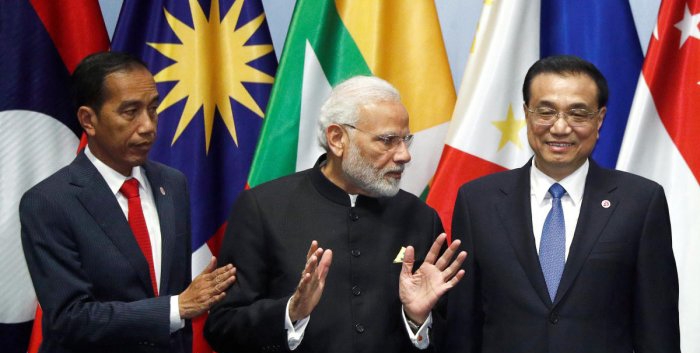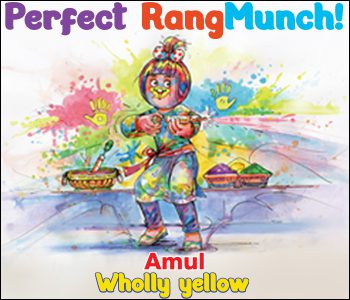Officials of 16 countries who have held several rounds of discussions so far to arrive at a consensus on the issues of trade and import-export under the banner of RCEP are meeting in Indonesia this week.
The meeting assumes importance as, among other things, it would decide on the fate of dairy farmers of the country. India’s primary challenge emerges from New Zealand which intends to push for 5% export of its dairy products to India.
Besides India and China, the countries which are part of this discussion include Japan, South Korea, Australia and New Zealand plus ten Asean group members-Brunei, Cambodia, Indonesia, Malaysia, Myanmar, Singapore, Thailand, the Philippines, Laos and Vietnam.
According to a report in Money Control the Indian team led by babus agreed to allow New Zealand export 5 percent of its total exports of milk-value-added products into India in a discussion on RCEP in Beijing last month.
The website however, adds that “Fortunately, the agreements do not mean anything till approved by Parliament. It is likely that the Parliament will refuse.”
Batting for dairy farmers of the country, Indian Cooperative has earlier in these columns discussed how the representatives of New Zealand Government, their lobbyists and their RCEP negotiators have spread a false story that 5 percent import from New Zealand is no big deal.
The fact is that 5% of total NZ exports of 34,47,000 (almost 35 lac MTs) to India is 1.72 lac MTs, which is almost one third of the total domestic production. Thus, India, will in effect, be surrendering 1/3rd of their total market to New Zealand.
And if other RCEP countries too eye Indian market, the domestic production will totally collapse and India will become a net importer of dairy products at the cost of Indian milk producers. The situation will be unimaginable if the Government of India pursues similar FTAs with EU and gives market access to USA also, experts felt.
It bears recall that India is the largest producer and consumer of milk in the world. There are demands from several countries to open up the Indian dairy market and this would have a detrimental effect on the Indian dairy industry which is a major source of livelihood and sustenance for our 10 crore milk producers.
It is not for nothing that Amul Vice-Chairman Jetha Bharawd raised the matter in the Assembly, they remind. India’s milk production increased from 80 million MT in 2000 to 180 Million MT at present and is likely to go up to 330 Million MT by 2034 as per an analysis.
Allowing imports of any dairy product under any FTA/ RCEP would not augur well for the dairy industry with 10 crore farmer families dependent on it. New Zealand’s total population is just 48 lac compared to 134 crore of India. There are just 10,000 dairy farmers in New Zealand compared to 10 crore in India.












































